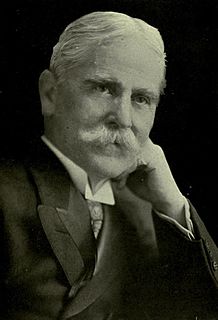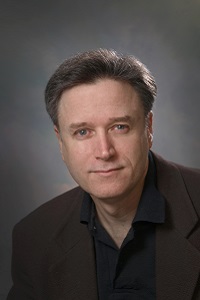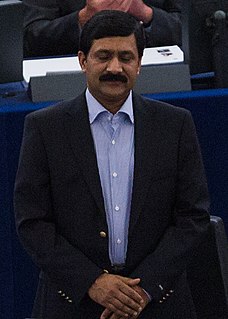A Quote by Andrew Jackson
The brave man inattentive to his duty, is worth little more to his country than the coward who deserts in the hour of danger.
Related Quotes
The weakling and the coward cannot be saved by honesty alone; but without honesty the brave and able man is merely a civic wild beast who should be hunted down by every lover of righteousness. No man who is corrupt, no man who condones corruption in others, can possibly do his duty by the community.
Strange is the vigour in a brave man's soul. The strength of his spirit and his irresistible power, the greatness of his heart and the height of his condition, his mighty confidence and contempt of danger, his true security and repose in himself, his liberty to dare and do what he pleaseth, his alacrity in the midst of fears, his invincible temper, are advantages which make him master of fortune.
I find that the respectable man, so called, has immediately drifted from his position, and despairs of his country, when his country has more reason to despair of him. He forthwith adopts one of the candidatesas the only available one, thus proving that he is himself available for any purposes of the demagogue. His vote is of no more worth than that of any unprincipled foreigner or hireling native, who may have been bought.
We have a duty to warn on an individual basis if we are treating someone who may be dangerous to herself or to others - a duty to warn people who are in danger from that person. We feel it's our duty to warn the country about the danger of this president. If we think we have learned something about Donald Trump and his psychology that is dangerous to the country, yes, we have an obligation to say so.
The brave man is intelligent; he faces danger because he understands it and is prepared to meet it. The drunkard who runs, in the delirium of intoxication, into a burning house is not brave; he is only stupid. But the clear-eyed hero who makes his way, with every sense alert and every nerve strung, into the hell of flames to rescue some little child, proves his courage.
The abbot told me once that lying was a betrayal to one's self. It's evidence of self-loathing. You see, when you are so ashamed of your actions, thoughts, or intentions, you lie to hide it rather than accept yourself for who you really are. The idea of how others see you becomes more important than the reality of you. It's like when a man would rather die than be thought of as a coward. His life is not as important to him as his reputation. In the end, who is the braver? The man who dies rather than be thought of as a coward or the man who lives willing to face who he really is?
Good work is no done by "humble" men. It is one of the first duties of a professor, for example, in any subject, to exaggerate a little both the importance of his subject and his own importance in it. A man who is always asking "Is what I do worth while?" and "Am I the right person to do it?" will always be ineffective himself and a discouragement to others. He must shut his eyes a little and think a little more of his subject and himself than they deserve. This is not too difficult: it is harder not to make his subject and himself ridiculous by shutting his eyes too tightly.
A new danger now beset him [Grotius], the danger of becoming simply a venal pleader, a creature who grinds out arguments on this or that side, for this or that client: a mere legal beast of prey. Fortunately for himself and for the world he took a higher view of his life-work: his determination clearly was to make himself a thoroughly equipped jurist, and then, as he rose more and more in his profession, to use his powers for the good of his country and of mankind.
































